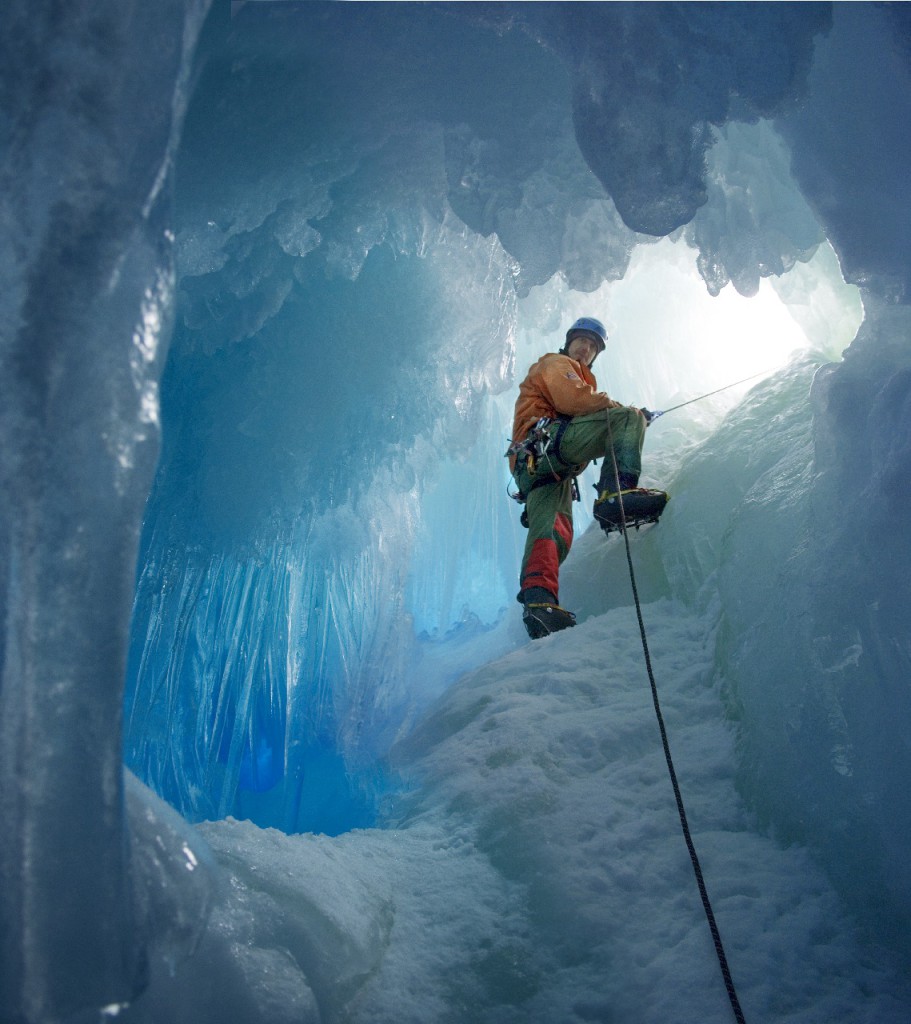
An opportunity to take a leading role in shaping the strategic direction of British Antarctic Survey (BAS) is announced this week (7 May).
Two business leaders will join the BAS Board later this year to work closely with Director Professor Nicholas Owens and his senior management team as part-time non-executive directors.
Professor Owens says,
“As BAS develops its new strategy – Polar Science for Planet Earth – I am keen that we bring in external business expertise, creativity and new thinking to help shape our future direction. I want to add a new dimension to our decision making process to ensure that we continue to deliver world-leading science in the most effective way possible.”
The non-executive directors will work for up to 16 days per year, attending Board meetings and other senior management workshops. One of the first tasks will be a familiarisation visit to Antarctica early in 2009 – so rather unusually for a non-executive appointment – successful candidates will need to be medically fit and capable of working in Antarctic conditions.
For full details of this opportunity visit the BAS website at www.antarctica.ac.uk
Issued by British Antarctic Survey Press Office.
Linda Capper, tel: +44 (0)1223 221448; mob: 07714 233744; email: l.capper@bas.ac.uk
Athena Dinar, tel: +44 (0)1223 221414; mob: 07740 822229; email: a.dinar@bas.ac.uk
Notes for editors
Picture of Antarctic scenery and science in action are available from the BAS Press Office.
The opportunity is advertised on the Cabinet Office public appointment website www.publicappts-vacs.gov.uk , and in Research Fortnight on 7th May
The Cambridge-based British Antarctic Survey (BAS) is a world leader in research into global environmental issues. With an annual budget of around £40 million, five Antarctic Research Stations, two Royal Research Ships and five aircraft BAS undertakes an interdisciplinary research programme and plays an active and influential role in Antarctic affairs. BAS has joint research projects with over 40 UK universities and has more than 120 national and international collaborations. It is a component of the Natural Environment Research Council. More information about the work of the Survey can be found at: www.antarctica.ac.uk
